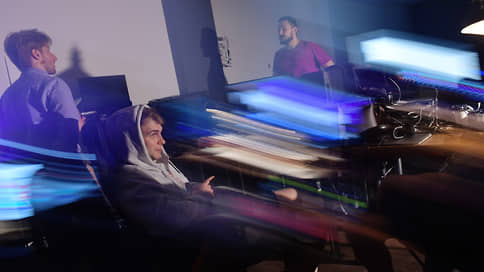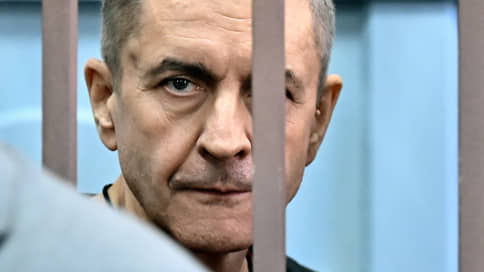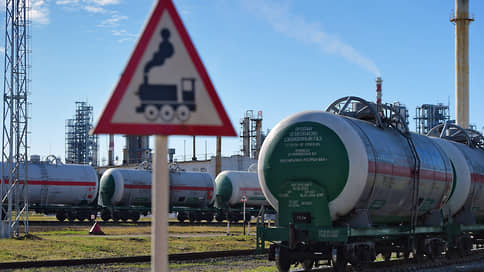Russian exports for the year has almost doubled

In Russia, the fourth year in a row continues to fall in the exports of domestic IT solutions, last year the indicator has decreased by $ 1 billion. However, market participants claim that Russian companies hide partnership abroad and real indicators of the industry higher in order to avoid sanctions pressure. They evaluate the results of export last year at $ 5.9 billion, and the growth of the domestic market – preliminary up to 2.7 trillion rubles.
According to the Bank of Russia, the export of Russian software (PO) and computer services in 2024 was almost halved, from $ 2.9 billion in 2023 to $ 1.9 billion. At the same time, according to the RUSSOFT association, presented on April 10, the export indicator increased by a year by 7.2%, to $ 5.9 billion. The Association has a difference in estimates in estimates They explain by the fact that now “many companies in order to avoid sanctions pressure are increasingly using the calculation schemes with foreign partners that are not reflected in the statistics of the Central Bank precisely as computer services (for example, they use cryptocurrency or transfers for individuals). The Central Bank did not respond to the request.
The mincifers said that they share the assessment of « Russoft ». However, they talk about the negative impact of the high key rate of the Central Bank on the market as a whole and on the export direction. “The work continues to develop additional measures to stimulate the attraction of private investments in IT, which will allow compensating for the existing temporary difficulties with the involvement of borrowed financing from the market,” the mincifers added.
A year earlier, the Central Bank also reported a reduction in IT export by 44–47% compared to 2022 (see Kommersant dated January 12, 2024).
At the same time, according to the preliminary data of Russoft, the total turnover of Russian IT companies last year increased by 33.2%, to 2.7 trillion rubles, primarily due to the continuing import substitution in Russia. This also follows from the data presented by the April 10 association. Also, according to a survey of the Association among 100 Russian IT companies, the main obstacle to organizations for export growth is the lack of financial resources and sanctioned pressure, and for the growth of revenue in the domestic market, except for financial restrictions, there are insufficient functionality of Russian decisions compared to foreign analogues, as well as incompatibility with foreign decisions.
“Under conditions of sanctions, exports cannot be direct, official, and therefore taken into account and measurable from the state,” explains Nikolai Komlev, director of the Association of Computer and Information Technologies (APKIT, includes 1C, Lanit, etc.). “Therefore, official figures will be less real, in which there are all sales abroad,” he emphasizes. Among the main reasons for containing export growth, Mr. Komlev called sanctions, blocking financial transactions, as well as short -range deficiency and direct marketing difficulties.
The export drop is primarily connected with the closure of the US and the EU markets for Russian IT companies, before the start of the military operation, they were the main export channels, Kommersant told one of the top managers of a large IT company. “Basically exported decisions on IB, fintech-solutions, etc.,” he emphasizes. According to him, the Russian market occupies only 3% of the total world consumption of IT products, and taking into account the fact that over the past few years there have been a lot of duplicate software in Russia, all companies have not enough space in the market. In this regard, he says, some Russian companies completely leave the Russian Federation, choosing a global market, or begin to increase export in the friendly countries of Africa, Latin America, the Middle East, etc.
Also, many Russian IT companies open subsidiaries abroad, their revenue is not taken into account in the parent company, says Vsevolod Morotsky, director of the Sibedge International Business. “As a rule, they work on behalf of companies that do not have relations nominally to the Russian Federation,” he emphasizes. The Grigory Seyzonenko general director Grigory Sizonenko, the internal market, explains the growth of the CIA organizations owning the objects of the CIA, which have a demand from the state to acquire Russian decisions. “Thanks to this, the domestic market by the end of the year will grow by another 30%,” he predicts.








